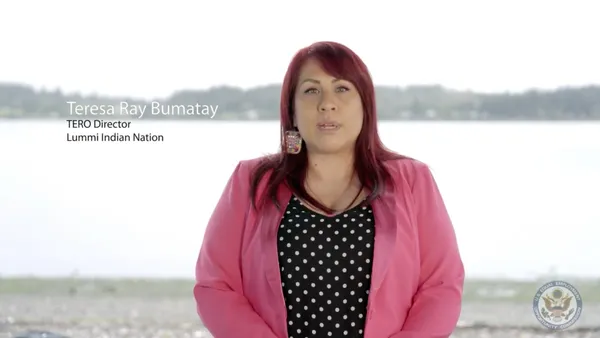Dive Brief:
- Inclusive workplace goals can be bolstered by research-backed methods for effective leadership, according to Deloitte. The multinational professional services firm and the Wharton School announced March 10 a new research initiative to teach best practices in the mentorship and sponsorship of “persons excluded due to ethnicity or race,” according to the announcement.
- For the initiative, new research such as surveys of managers from “racial minority and majority groups” along with a field experiment to test manager support for inclusion managers’ actions on team inclusiveness will build upon Wharton Professor Stephanie Creary’s previous research, according to Deloitte and Wharton. Creary’s findings suggested that leaders may provide their “racial minority direct reports with qualitatively different types of support,” according to the announcement.
- Wharton's McNulty Leadership Program will deliver a series of annual workshops based on the research findings. The workshops will be geared toward Wharton's undergraduate, MBA and Executive MBA communities. In addition, MLP will work with Wharton faculty and staff leadership to facilitate the placement of the content in other programs. "Inclusive leaders set the tone for that type of workplace and through this initiative we hope to advance diversity, equity and inclusion within our own organization and the broader business community,” Dan Helfrich, chairman and chief executive officer, Deloitte Consulting LLP, said in a statement.
Dive Insight:
Advancing equity within an organization is a component of inclusivity, according to Deloitte.
Sustainable progress in racial equity is possible when organizations and their leaders commit to action, the firm’s February 2021 report, "Equity Imperative," found. This requires a change from symbolic diversity, equity and inclusion commitments to a DEI strategy that is measurable and integrated into the entire business strategy, culture and “value chain of an organization,” according to the report. For example, it is necessary for DEI to be embedded in the talent lifecycle, supply chain, partnerships and products, Deloitte found.
In addition, DEI shouldn’t be viewed solely as a way to drive shareholder returns, but should have a “holistic focus on driving value for all stakeholders,” such as employees, customers, shareholders and society-at large, the report found. The work of DEI professionals in 2021 may include increased coordination with corporate social responsibility teams, following calls for racial justice in 2020, which prompted many business leaders to make serving communities a priority, industry experts previously told HR Dive.
Along with an Equity Activation Model for organizations, Deloitte’s report also includes a definition of key terms that help shift behaviors and values, such as PEER — Persons Excluded due to Ethnicity or Race. The term is used to “unite people who have been historically oppressed without insinuating that those individuals are less than or that their sole identity is one of exclusion or oppression,” according to Deloitte. PEER is intended to “shift the focus to the acts of exclusion and oppression while enabling individuals to disentangle their identity from it,” the firm said.
Deloitte and Wharton’s curriculum will be geared toward helping current leaders facilitate inclusion, but also is keeping an eye toward up-and-coming leadership.
“While leaders need these solutions right now, our students are hungry for the knowledge that will help them 'be the change' in the sectors they choose for their future careers,” Erika James, dean of the Wharton School, said in a statement. “They all want a blueprint. We want to provide it."















